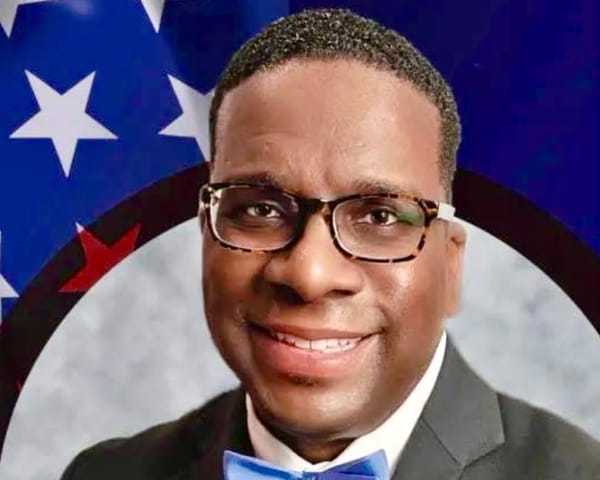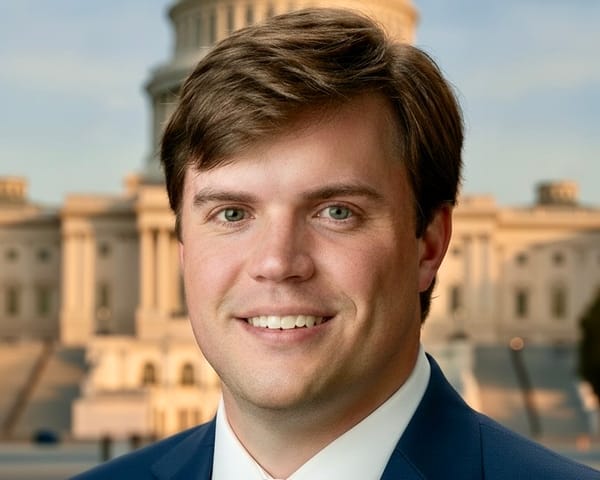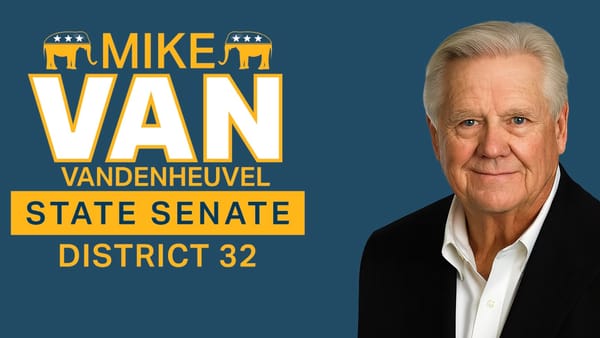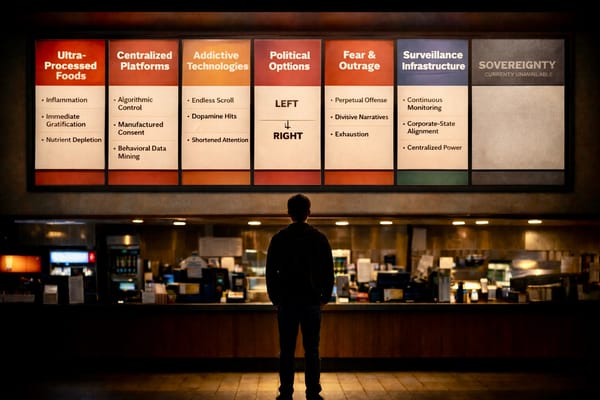Americans Divided as Texas School Prayer Law Takes Effect
Recent Pew Research poll finds 52% approve, 46% oppose nationwide, Alabama is 75% approve, 24% oppose
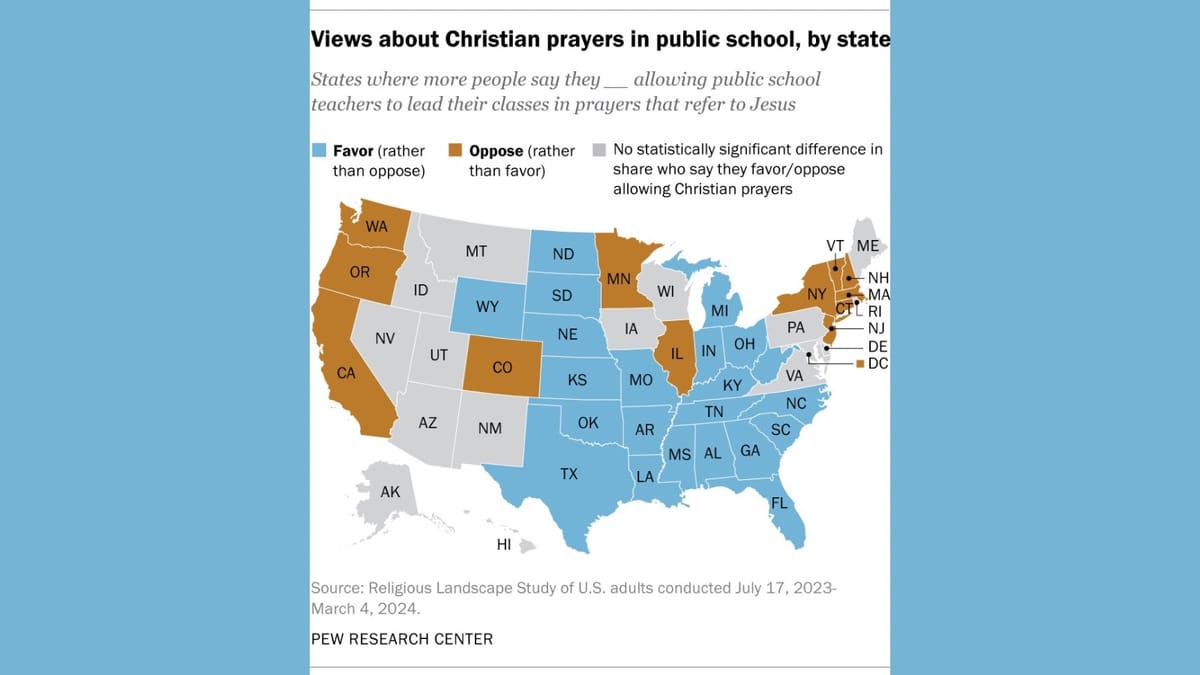
A recent Pew Research Center analysis reveals deep divisions in the U.S. over teacher-led Christian prayers in public schools. Nationally, 52% of adults approve of the practice—while 46% oppose it—according to data from Pew’s 2023–24 Religious Landscape Study. But, sentiment varies sharply by region. In Alabama, the division is pronounced, with 75% of adults approving and only 24% opposing.
In Texas, 61% of adults support teacher-led Christian prayers—making it one of 14 states (mostly in the South) where approval exceeds 60% . Meanwhile, twelve states feature majority opposition, and sixteen remain evenly split.
Texas Governor Greg Abbott has signed two high-profile bills into law:
- Senate Bill 11: Requires schools to set aside time each day for voluntary prayer or Scripture readings. Participation hinges on consent forms, with no prayers over PA systems or in hearing range of those not enrolled.
- Senate Bill 10: Mandates the display of a 16×20-inch English version of the Ten Commandments in every public school classroom. The law takes effect September 1.
Critics stress that a similar Louisiana law was recently struck down by a federal appeals court as unconstitutional—setting the stage for legal battles in Texas .
Steven Collis, Director of UT Austin’s First Amendment Center, notes the laws are carefully structured to fit within existing legal limits: consent forms, exclusion zones, and prohibitions on public address use are all included. Still, he warns that “if 95% of the students get consent … will the remaining students feel pressure to do so as well?”
A coalition of North Texas parents and faith leaders have already filed a federal lawsuit challenging the Ten Commandments law, echoing rulings against similar measures in Louisiana.
In the 2025 Alabama legislative session, lawmakers advanced proposals to bolster religious expression in schools—but none were enacted.
House Bill 231, introduced in February, proposed a ballot referendum to enshrine “Judeo‑Christian” prayer in K–12 schools. It would have forced local boards to allow daily prayer or Bible readings—with financial penalties (loss of 25% of funding) for noncompliance. After amendments, the bill removed the narrow “Judeo‑Christian” language. It would have required parental consent and limited prayer to non‑instructional times, making rooms available before or after school.
HB231 stalled in the House Education Committee. Other culture-war bills in Alabama, including prayer policies and mandatory Ten Commandments displays, passed committee but failed to advance fully.
Texas and Alabama’s efforts echo a broader wave among conservative states. Over 20 have considered Ten Commandments mandates or school prayer bills this year. Such moves often collide with established case law:
- Engel v. Vitale (1962) forbade state‑led prayer
- Santa Fe v. Doe (2000) banned religious invocations at school football games
- Wallace v. Jaffree (1985) struck down an Alabama law requiring “voluntary prayer” at school start
These precedents suggest any official religious expressions in public schools must be strictly voluntary, neutral, and free from coercion.
Texas’s new laws are scheduled to take effect this fall. Lawsuits are already underway, and courts will soon determine whether the statutes respect constitutional boundaries or cross the line. Alabama’s efforts fell short—though many lawmakers said they intend to revive them in coming sessions.
More information on the Pew Research Center Religious Landscape Study is available HERE.

